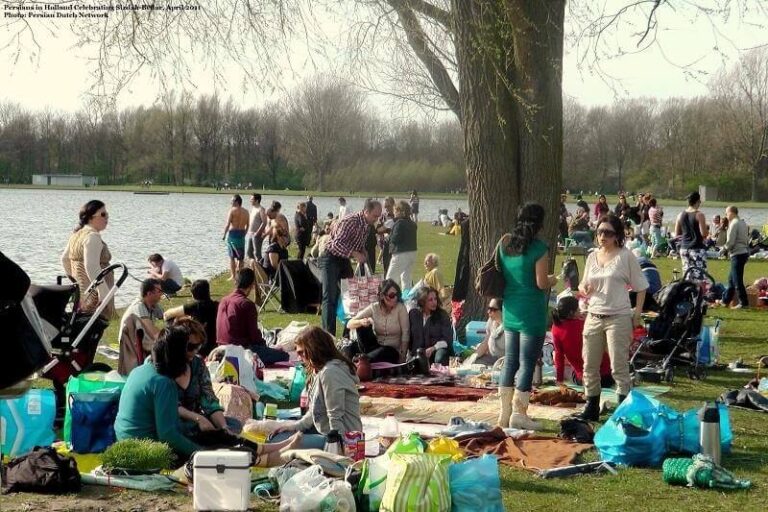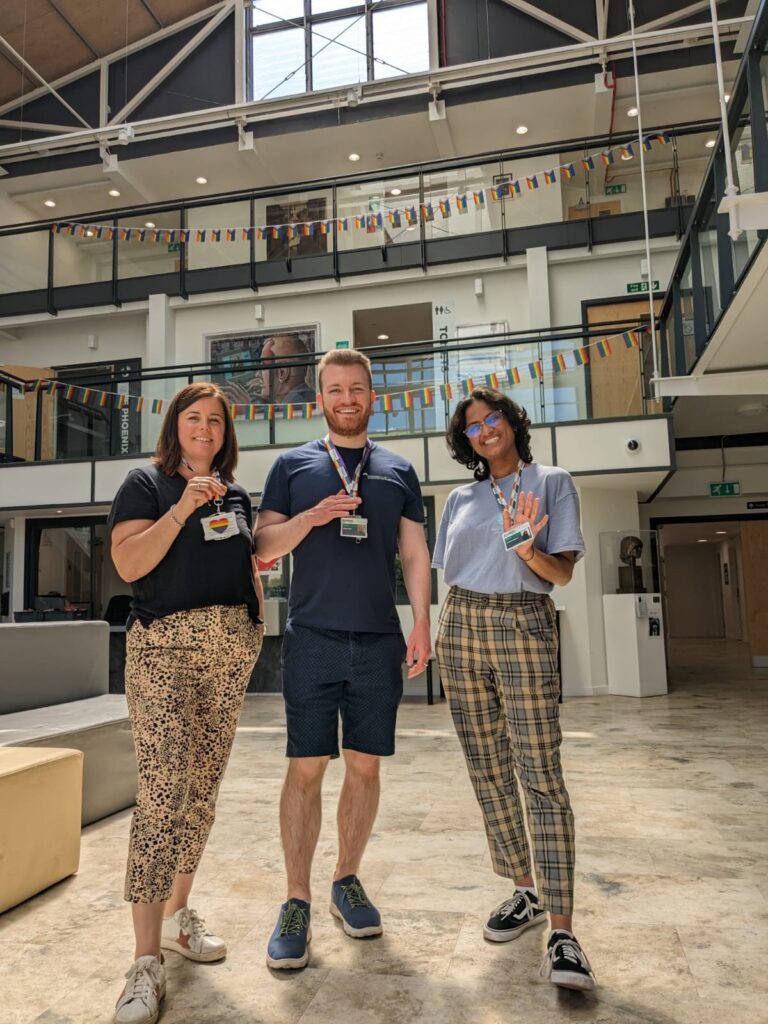| Equity & Diversity
What is Allyship?

HI
We have had a busy few months in the Equality Team and now we are pleased to share some of the work we have been involved with since we last posted.
I am Avani, one of the EDI Interns in the Equality team at UoG. I have been involved in the creation of the University’s Allyship Project and now Campaign. Allyship and being an ally, is the continual process of recognising your privilege within spaces and working to lift other people around you to the same standard. It is a topic that is always discussed no matter the environment, be it on the news or even within your workplace.
Being an ally is incredibly vital, especially now, when people are becoming increasingly aware of the different ways people face injustice or discrimination. There is no one way to be an ally (as long as you’re not being a performative ally- only showing allyship when there is a gain for you), meaning that it’s becoming easier and easier to recognise ways to help people from marginalised communities around you!
Despite its connotations with LGBT+ pride, allyship means to be supportive and understanding of everyone– not just certain communities! It is about actioning change whenever there is an injustice towards any community.
Marginalised communities are a group of people who have a protected characteristics; Age, Race, Gender, Sex, Disability, Gender Reassignment, Religion or Belief, Marriage and Civil Partnership and Pregnancy and Maternity.
How can you be an ally?
There are many ways to be an ally:
- Performative Allyship– only being supportive/actioning change if there is some personal gain this is not good Allyship as this will not work to undo any discrimination or injustice from occurring in the future.
- Intersectional Allyship– acknowledging that everyone has their own unique experience of discrimination, across identities that may often overlap.
- Upstander– someone who will take direct and immediate action when they see injustice (standing up to jokes etc) This can look like standing up for/ with people when you see an injustice occurring. Knowing there are more people around can be a great comfort for victims of injustices.
- Confidant– someone who is open to listening and creating a safe space for individuals who want to share their experiences. If you’re open to listening, empathising and validating the experiences of others, they will be more likely to share with you.
You don’t have to go around waving a huge banner to show that you’re an Ally- if you’re a true Ally, people will know. If you don’t know where to start, start small! Push back at the ‘edgy joke’ your friend made, talk to a colleague about something they said that you disagree with, and even just recognizing any unconscious biases you have is an important first step! Remember- Allyship is a journey!
What you can do


This week at the University we have launched our Allyship Campaign and we are encouraging staff to sign up to 4 pledges;
#Pledge 1 – I will educate myself
Continuous self – education of what an Ally is and how to behave as one; be prepared to step outside of your comfort zone, challenge your biases and learn how to respond to challenge.
#Pledge 2 – I will own my privilege
Understand that privilege is a resource that can be used for good.
#Pledge 3 – I will listen to the voices of marginalised groups and amplify them.
#Pledge 4 – Being an Ally means being active; if I see something I will say something.
Recognise discrimination when it happens and take appropriate action.
On doing this staff will be awarded one of our colourful Rainbow Lanyards as well as an invitation to attend an awareness session about what an Ally is.
Please remember Allyship is a journey, and we are creating inclusion one action at a time.
Thank you
Avani.



